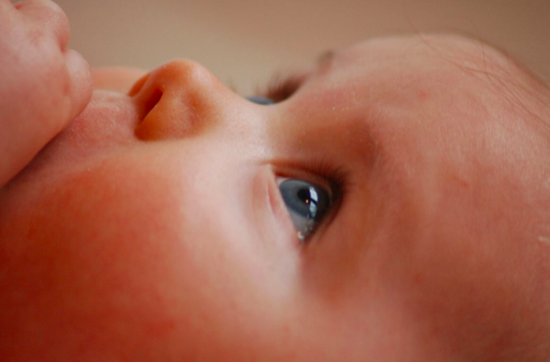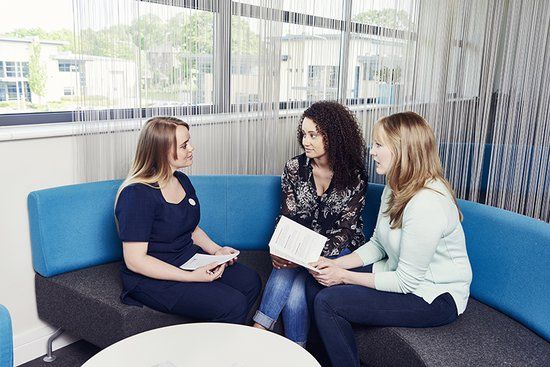At Manchester Fertility our own donor programme has helped ensure that we have donor eggs ready for treatment with no waiting lists. Our donors are women who either need IVF themselves and are willing to share half of their own eggs to help others in return for a subsidised cycle, or altruistic women who just want to give someone else the hope of a baby.
Either way, one of the major criteria to meet to donate eggs, or egg-share, is the age limit. Many clinics have a cut-off point for egg donors and egg-sharers of 35 years old.
This is because age is so very crucial to egg quality. And just as sperm has to be the best quality possible for it to be used in fertility treatment, so do eggs. The various processes involved in egg donation and egg-sharing means the eggs have to withstand freezing and thawing, and eggs from older women may not survive this process.
Many women who do need to use a donor egg need to do so because they may be too old to use their own eggs. They may be in their 40s, and so decide to use an egg from a younger woman to help them have a baby if their own is unlikely to fertilise or result in a healthy pregnancy and baby.
And so by ensuring that the eggs they use in treatment are from younger women, we will be making sure that they have the best chance of their treatment working. It’s why we stress to patients who have been trying for a baby on their own not to wait too long before seeking help. The younger you are when infertility treatment begins, the higher the chance of success, simply because your eggs are younger and are therefore better quality.
If you have any questions about the new, lower age limit for egg donors and egg-sharers, please contact us on 0161 300 2737. We’d be more than happy to discuss it with you.
Last updated: 9th February 2013




